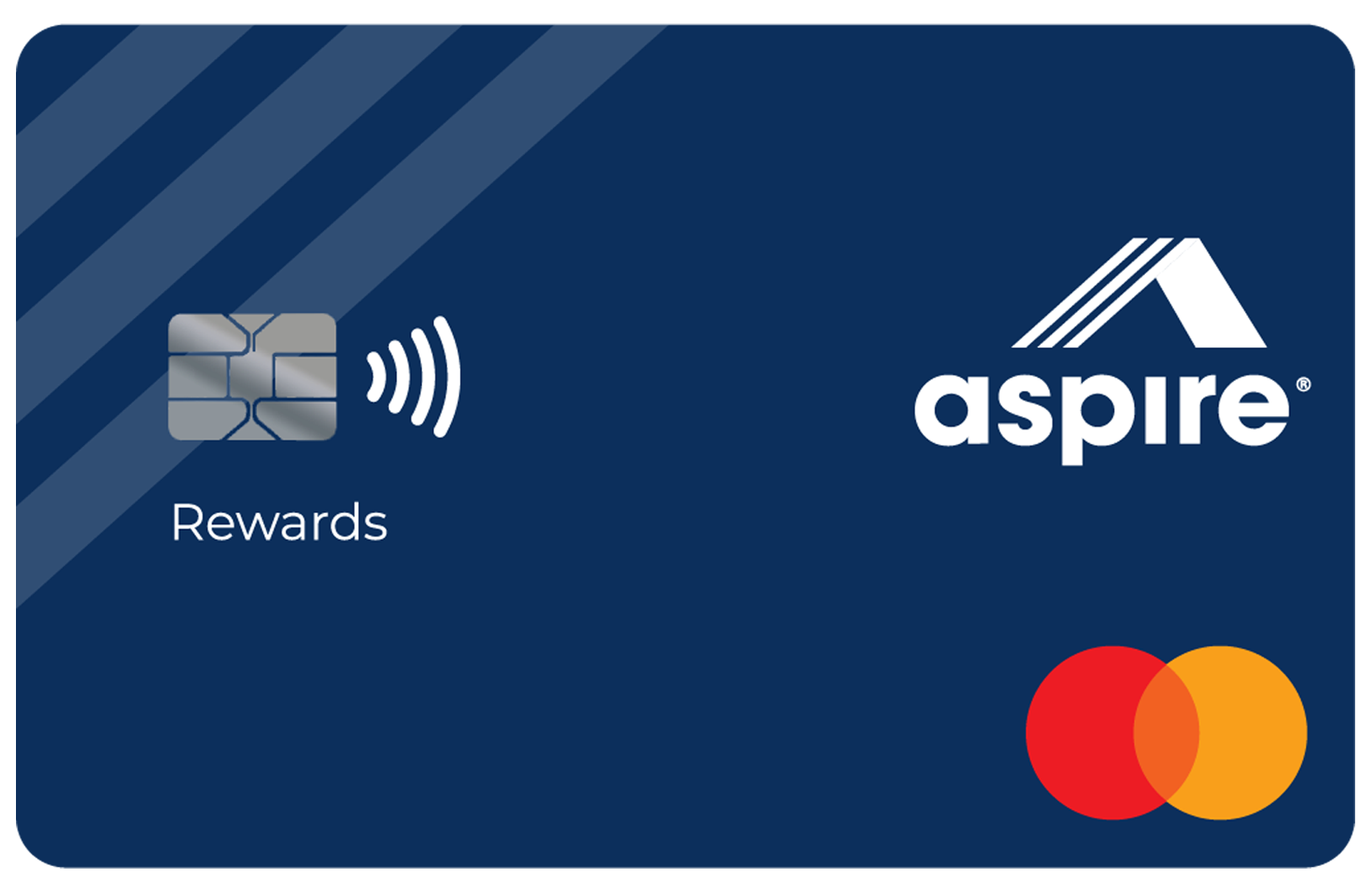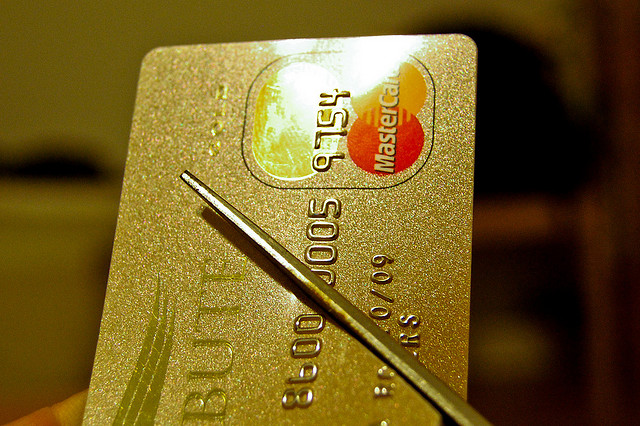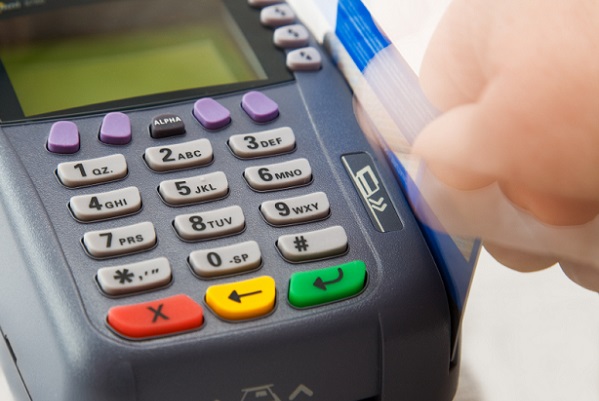- Credit Score

Daily credit score
See your score right away and refresh it daily for free

Sesame Grade
Get the most complete view of your credit score for free

Credit report summary
See the factors impacting your credit score for free

Credit monitoring alerts
Get updated about changes to your credit profile for free
 See your credit score and refresh it dailyWe’ll show you your credit score, what’s impacting your score, and steps you can take to improve it. 100% free.
See your credit score and refresh it dailyWe’ll show you your credit score, what’s impacting your score, and steps you can take to improve it. 100% free. - Credit Cards
All credit cards

See cards based on your chance of approval
Find credit card offers with a high chance of approval. Save time, avoid negative marks, and find the right card for you.
- Loans
loans

Looking for a new loan? We can help.
See what your credit score can unlock for you. Check your score in seconds and browse available offers.
- Digital Banking
Sesame cash

Pre-paid debit card
A digital debit account that helps you save more money.

Credit builder
Build credit history with your daily debit purchases. No credit check required.
 Build credit history with debit purchasesLooking to quickly build credit history? Get a Sesame Cash pre-paid debit card and enroll in credit builder. No credit check or fees.
Build credit history with debit purchasesLooking to quickly build credit history? Get a Sesame Cash pre-paid debit card and enroll in credit builder. No credit check or fees. - Insurance
insurance

Looking for insurance? We can help.
See what your credit score can unlock for you. Check your score in seconds and browse available offers.
- Learn


















